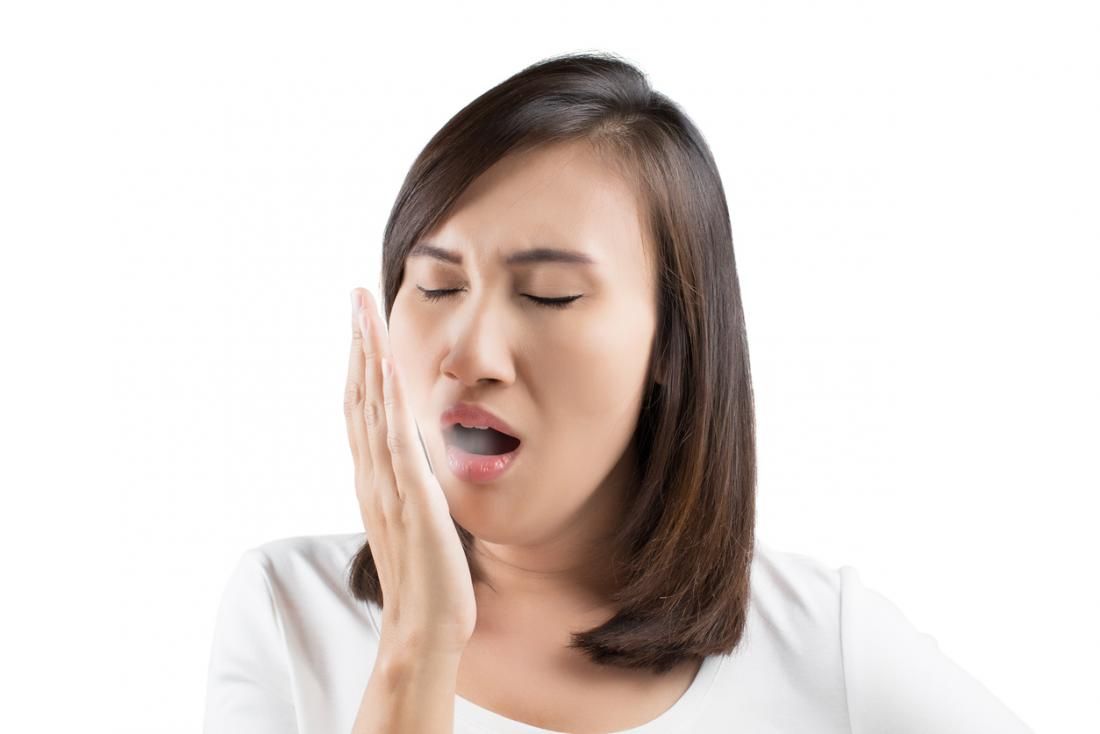Alternative For Benzoyl Peroxide
Benzoyl peroxide has been a staple in acne treatment for decades, known for its ability to kill bacteria that cause breakouts and dry out pesky pimples. However, its use can come with drawbacks such as dryness, irritation, and potential bleaching of hair and fabrics. For those looking for alternatives, either due to sensitivity, preference for natural products, or seeking a different mechanism of action, several options are available.
Salicylic Acid
Salicylic acid is a beta hydroxy acid (BHA) that is widely used for its exfoliating properties. It helps to unclog pores by penetrating deep into the follicle, reducing inflammation, and preventing future breakouts. Unlike benzoyl peroxide, salicylic acid is less likely to cause dryness and irritation, making it a popular alternative for sensitive skin. It is found in various concentrations in over-the-counter (OTC) products, ranging from 0.5% to 3%, and can be used in cleansers, spot treatments, and leave-on products.
Tea Tree Oil
Tea tree oil, derived from the leaves of the Melaleuca alternifolia plant, is renowned for its antimicrobial properties. It can help reduce acne by killing bacteria on the skin, similar to benzoyl peroxide, but with a more natural approach. Studies have shown that tea tree oil can be as effective as benzoyl peroxide in reducing acne, with fewer side effects. However, it should be diluted with a carrier oil before application to avoid irritation, and its use should be cautious due to potential allergies.
Sulfur
Sulfur has been used for centuries in the treatment of skin conditions, including acne. It has natural antibacterial and antifungal properties, helping to reduce sebum production and prevent clogged pores. Sulfur products can be less irritating than benzoyl peroxide and are often used in combination with other ingredients. It’s particularly effective for blackheads and whiteheads but can have a strong odor, which may be a drawback for some users.
Glycolic Acid
Glycolic acid, an alpha hydroxy acid (AHA), is another alternative that offers exfoliating properties. It helps in removing dead skin cells, unclogging pores, and stimulating collagen production, which can improve skin texture and reduce the appearance of acne scars. Unlike benzoyl peroxide, glycolic acid can also address signs of aging, such as fine lines and wrinkles. It’s available in various concentrations and can be found in cleansers, peels, and moisturizers.
Blue Light Therapy
For a completely different approach, blue light therapy offers a non-topical alternative. Blue light has been shown to kill the bacteria that cause acne, particularly propionibacterium acnes (P. acnes), without the use of chemicals. This method is especially useful for those with sensitive skin who may react to topical treatments. Blue light therapy can be administered through special devices available for home use or in a dermatologist’s office.
Natural Alternatives
- Aloe Vera: Known for its soothing properties, aloe vera can help reduce inflammation and promote healing of the skin.
- Green Tea: Rich in antioxidants, green tea can help reduce inflammation and fight bacteria, potentially aiding in acne reduction.
- Honey: Certain types of honey, like manuka honey, have antibacterial properties that can help combat acne-causing bacteria.
Considerations
When switching from benzoyl peroxide to any alternative, it’s crucial to consider your skin type, the severity of your acne, and potential allergies or sensitivities. Some alternatives, especially natural ones, might not be as effective for severe acne or might require patience due to their slower action. Always patch test new products, start with lower concentrations, and gradually increase as your skin becomes more tolerant.
Conclusion
The search for alternatives to benzoyl peroxide is driven by the desire for gentler, more natural, and possibly more effective treatments. While these alternatives offer promising results, combining them with a consistent skincare routine, including sunscreen, moisturizer, and gentle cleansing, is key to achieving optimal skin health. Consulting with a dermatologist can provide personalized recommendations, ensuring the chosen alternative aligns with individual skin needs and acne severity.
What are the common side effects of benzoyl peroxide that might lead someone to seek an alternative?
+Common side effects of benzoyl peroxide include dryness, irritation, redness, and potential bleaching of hair and fabrics. These side effects can be bothersome, leading some individuals to seek gentler alternatives.
How does salicylic acid compare to benzoyl peroxide in terms of efficacy for acne treatment?
+Salicylic acid and benzoyl peroxide are both effective for acne treatment but work in different ways. Salicylic acid is an exfoliant that unclogs pores, while benzoyl peroxide kills bacteria. The choice between them can depend on the type of acne and individual skin tolerance.
Can natural alternatives like tea tree oil and aloe vera be as effective as chemical treatments for acne?
+Natural alternatives can be effective for mild to moderate acne, especially when used consistently and in the right concentrations. However, for severe acne, chemical treatments or a combination of natural and chemical methods might be necessary for optimal results.


